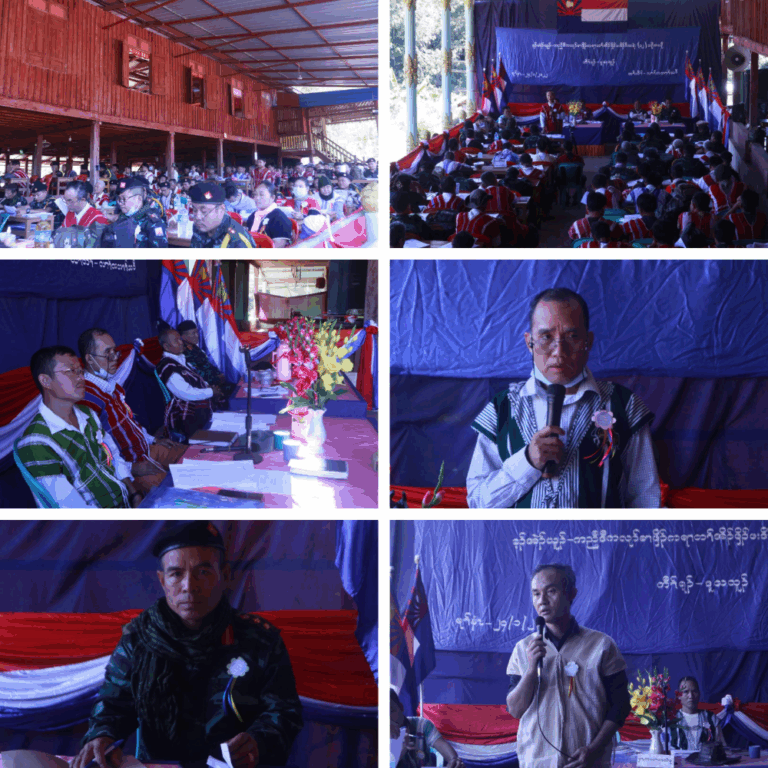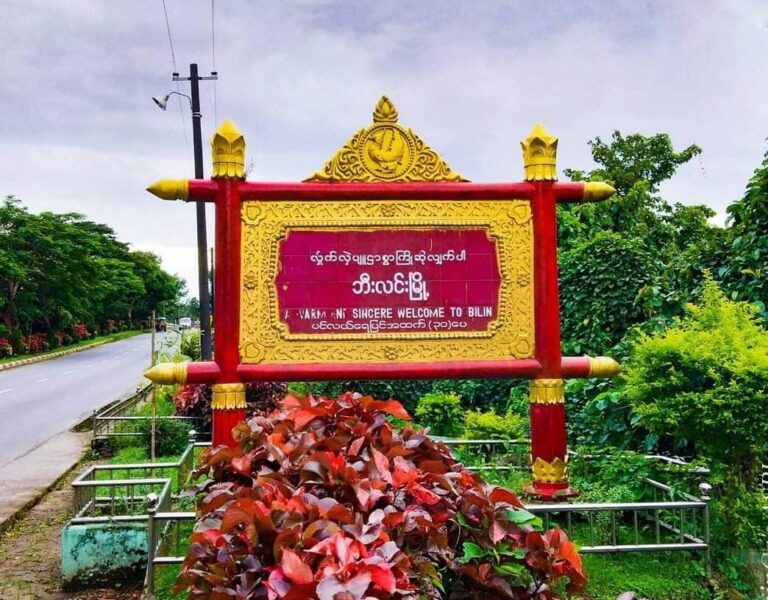HURFOM:The Burmese army recently confiscated over two hundred and fifty acres of rubber plantations in Mudon Township. On October 7th, Artillery Battalion (AB) No. 318 sent letters to 35 plantation owners in Abit, Set Twe and Doe Mar villages informing them that their land had been confiscated.
A HURFOM field reporter read a copy of the letter, which informed the owners that they could regain control of their plantations by paying 100,000 kyat.
Alternately, people who do not wish to pay 100,000 kyat can give the battalion 35% of their rubber harvest, or 35% of the gross income. “Each time we produce 100 pounds, we have to give them 30 pounds of rubber if we don’t want to pay the yearly tax,” one of the plantation owners told HURFOM.
AB No. 318’s letter estimated the confiscated land to be home to 40,000 trees, most of which are five to eight years old and ready to be tapped.
According to a former official in the junta’s Myanmar Agriculture Service, rubber plantations in Mudon are famous for producing large quantities of rubber because area soil is suited to rubber cultivation. Farmers in Mudon also use a particularly productive species of tree from Malaysia.
This is the second time in three months that AB No. 318 has confiscated rubber plantations in the area. Two hundred acres of plantations in Mudon Township were confiscated in August, including some of the same plantations that were confiscated on October 7th.
At the same time in August, AB No. 315 also confiscated 200 acres of plantations in Wae Win Kara and Panga villages, Mudon Township.
Ironically, the seemingly arbitrary and punitive confiscation and taxation is arguably legal. According to a series of laws dating to Burma’s independence from Britain, the government officially owns all land. Legal support for this principle general relies upon the Land Nationalization Act of 1953. Subsequent decrees, and incarnations of Burma’s Constitution, have reaffirmed the 1953 Act. The 1974 Constitution, for instance, declared the State the “ultimate owner of all natural resources above and below the ground, above and beneath the waters and in the atmosphere, and also all lands.”



